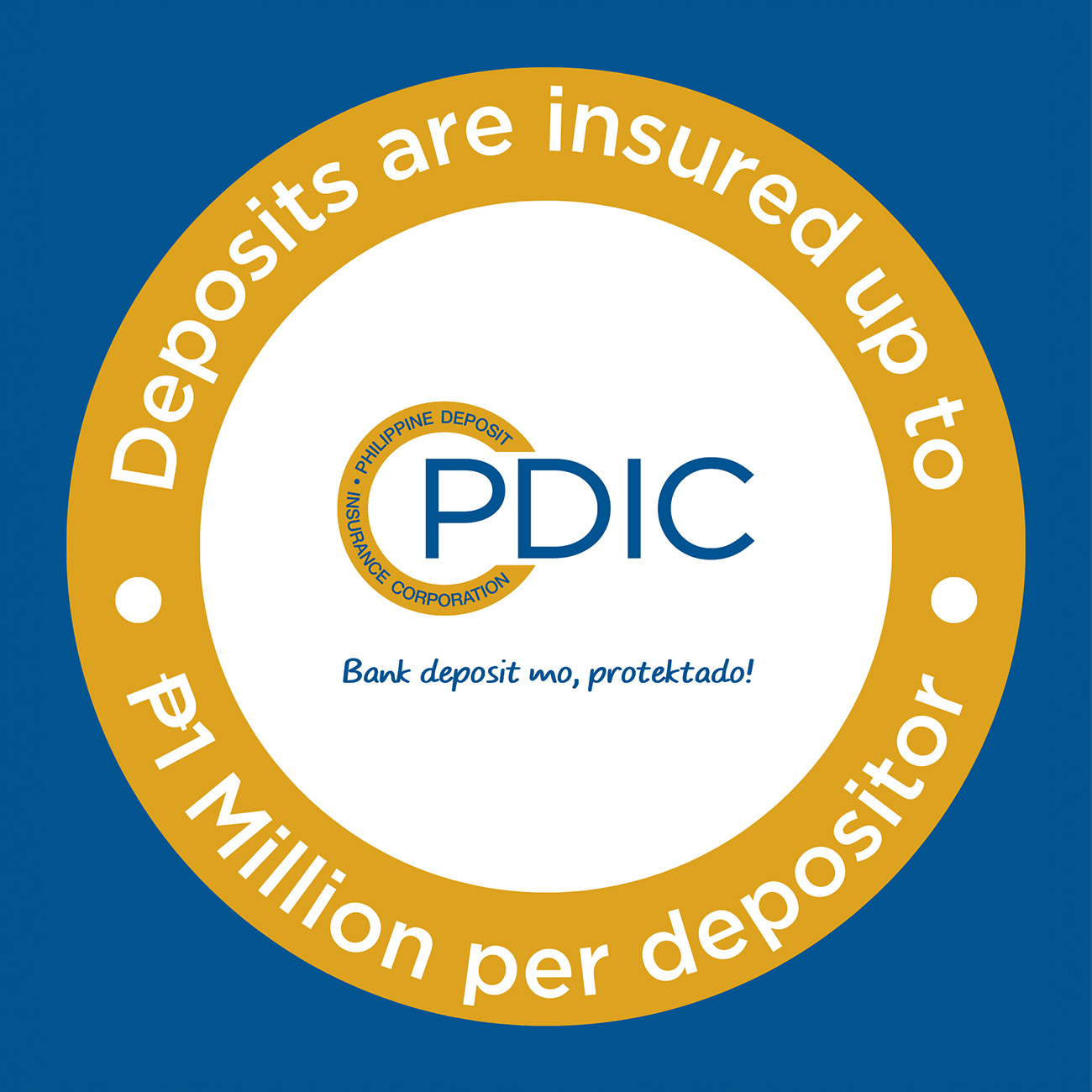Traveling abroad is exciting. Just think about all the new experiences you’ll get to try! But in the rush of planning, many travelers overlook one crucial detail: money exchange. It may seem like a minor thing, but getting this wrong could cost you more than you think.
Here are some of the most common money mistakes when traveling abroad and how to avoid them so you can make the most out of your travel budget.
1. Money Exchange at the Airport
It’s tempting. You just landed, you're tired, and there’s a money changer right there. But here's the truth: exchanging money at the airport is rarely your best option.
Is exchanging money at the airport more expensive? Most of the time, yes. These kiosks often charge higher fees and offer poor exchange rates. That convenience can cost you hundreds of pesos or more over the course of your trip.
Tip: Exchange a small amount for immediate expenses (such as transportation) and find a trusted bank or money changer outside the airport with better rates.
2. Not Checking Exchange Rates Before Your Trip
You won’t know if you're getting a good deal if you don’t know the real value of your money. Going abroad without checking the local currency or foreign exchange rate is a rookie mistake. Also, remember that exchange rates can fluctuate daily, and not knowing the current rate makes it easier to fall for bad deals or hidden fees.
Tip: Use a currency converter app or check your bank’s exchange rate before you travel. This will provide a good reference point when comparing rates on the ground.
3. Converting Everything in One Go
Some travelers convert their entire budget all at once to "get it over with." But this exposes you to a single rate, and what if it’s not a good one? Changing a large amount of money at once might seem convenient, but you also risk carrying too much cash.
Tip: Exchange only what you need for the next few days. Monitor rates and exchange more cash later when you find a better deal. Always compare options.
4. Falling for Dynamic Currency Conversion
When paying by card abroad, you may be asked whether you would like to be charged in your home currency (PHP) or the local currency. Choosing PHP may seem convenient, but it often comes with a poor exchange rate and additional charges. This practice is called dynamic currency conversion and should generally be avoided.
Tip: Always choose to pay in the local currency.
5. Ignoring ATM Withdrawal Fees Abroad
Thinking that it’s cheaper to withdraw money abroad is a common mistake. While withdrawing local currency from an ATM can sometimes offer better rates, be aware of the ATM withdrawal fees abroad. These charges add up quickly if you withdraw frequently or in small amounts.
Tip: Before you leave, check with your bank for partner ATMs or cards that waive international fees. If you do withdraw cash abroad, always take out larger amounts less frequently to minimize transaction fees.
6. Assuming USD Acceptance
Not researching the local currency culture is a common mistake. For instance, in some destinations, you might be tempted to pay with US dollars instead of the local currency. However, not all vendors will accept USD, and if they do, they will almost certainly use a poor exchange rate that is unfavorable to you.
Tip: Use USD only when you’re sure it will be accepted at a fair rate. If not, check the rate for USD vs. PHP before you leave the Philippines and decide whether to exchange your money here or abroad.
7. Using Untrusted Money Changers
One of the biggest travel money mistakes is exchanging currency with unlicensed individuals or shady stalls. Unreputable money changers often distribute counterfeit bills or scam tourists.
Tip: Always choose credible money exchange centers. Banks often offer better rates than airport kiosks or hotel front desks. They also ensure authenticity and security.
8. Relying on Cash Only
Relying solely on cash when traveling is a mistake because it limits your payment options, making it hard to handle unexpected expenses or situations where cards are preferred. Carrying only cash increases the risk of theft or loss without a backup, and you miss out on the convenience, security, and rewards that credit and debit cards offer.
Tip: A savvy traveler balances cash with digital payment methods to stay flexible, safe, and ready for any situation abroad.
9. Waiting Until the Last Minute to Exchange Money
If you delay exchanging money until you arrive, you may be subject to high fees and limited options. Planning ahead allows you to find better rates, avoid hidden charges, and ensure you have sufficient funds for a smooth, stress-free trip.
Tip: It’s best to exchange your money one to three weeks before your trip. This gives you time to shop around for the best rates, choose a trusted provider, and avoid high fees at airports.
10. Forgetting About Your Return Trip
A common travel money mistake that is often overlooked is forgetting to save enough local currency for airport transportation, travel taxes, and terminal fees when going home. This can cause last-minute stress or delays, especially since many airports still require cash payment for these expenses.
Tip: Set aside enough local currency to ensure a smooth departure without any surprises, which helps avoid costly or inconvenient situations.
Managing your pocket money may not be the most glamorous part of your trip, but it definitely helps you save more and avoid stress.
Don’t let these travel money mistakes drain your vacation fund and ruin your experience. Be prepared, stay informed, and make every peso—or dollar—count.

How to Pay Your Credit Card Bills Online

5 Key Terms in Your Credit Card Statement You Must Know



